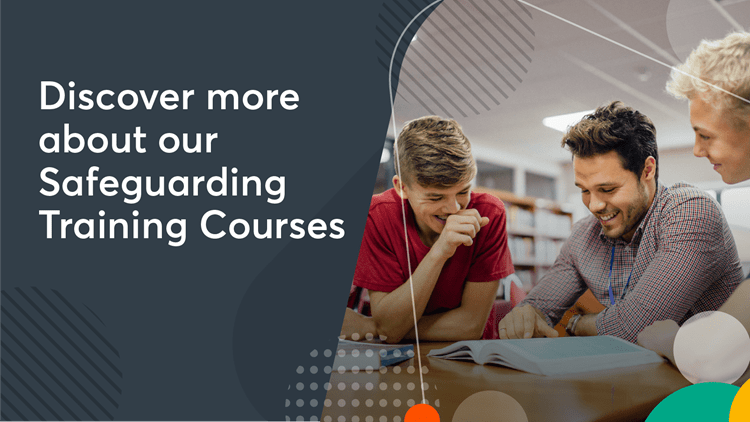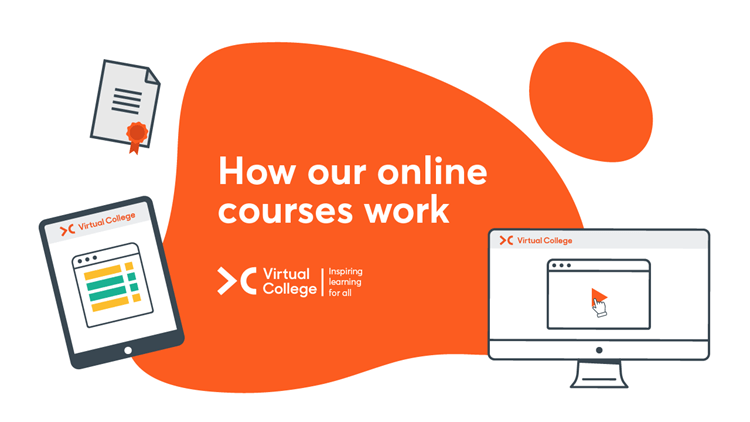Supporting Teenagers and Young People
Teenagers and young people may be vulnerable to relationship abuse, substance misuse, and teenage pregnancy, those working with them need to give the right information help and support, this is how our online training course can help. Our Supporting Teenagers and Young People training uses a multimedia approach to engage the learner including videos and scenarios which develop skills and knowledge in many different areas.
Course Overview
Format
- Intermediate
- 3-4 Study Hours
- Online Study
- Self-Printed Certificate
Accreditation
- 4 CPD Points
- CPD Certified
Course description
Our training covers a wide range of topics to help provide those who work with children or young adults the information they need to help and support young people who are vulnerable to abuse or neglect.
This course is designed to give information and guidance to those working with teenagers and young people who may be vulnerable to relationship abuse, substance misuse, and teenage pregnancy.
This course uses a multimedia approach to engage the learner including videos and scenarios to allow professionals to develop their knowledge and skills.
A wide range of topics are covered throughout this supporting teenagers training including:
- Definition of teenage relationship abuse and the types of abuse: sexual, coercive control, financial, emotional, physical
- Risk factors and protective factors
- How to help young people in abusive relationships
- Factors associated with bullying, including locations
- Characteristics of perpetrator including types of adult bullies and children who bully – bullies, indicators, victims
- Types of bullying, including homophobic bullying and that of young people with learning disabilities, and the bullying cycle
- The relationship between bullying and suicide
- Definitions of substance misuse and addiction
- Young people and alcohol and drug treatment, referral routes into specialist treatment
- The misuse of substances, illegal drugs, prescription drugs, alcohol, and cannabis
- What to do if you have concerns regarding substance misuse
- The risks, impact and prevention of teenage pregnancy
- Supporting young people in reducing teenage pregnancy rates
- Legislation relating to teenage relationship abuse, bullying, and substance misuse
This teenager support course uses immersive real-world scenarios to help professionals apply knowledge into everyday life. These real-world scenarios and the supporting cases studies will enable learners to see how their training can apply to them in their role. A key aim of this training is to provide learners with strong context to the training so they can easily relate to the situations presented to them within the training.
What training can I do next?
If you are a professional working with teenagers and young people we have a wide range of accredited online safeguarding courses perfect for you.
These include Safeguarding Children Level 2, Safer Recruitment and Safeguarding Children and Young People Level 3.
You will learn
- The definition of what teenage relationship abuse is and the different forms of abuse within intimate relationships
- Explain what you need to do if you have concerns about a child or teenager
- Identify what is meant by bullying and the ‘bullying cycle’ and who is at risk
- Know the different types of substances which young people might abuse and the effects of these substances on young people’s physical and mental health
- Understand why young people might misuse substances and the factors that make them vulnerable
- Identify the risk factors for teenage pregnancy and the impact of teenage pregnancy on the outcomes for young people
- Outline support for young people to prevent unplanned pregnancy
Who is it for?
Roles including:
- Administrators
- Teachers
- Teaching Assistants
- Social workers
- Volunteers
- Safeguarding teams








/e-safety-.jpg?mw=320&hash=A9FCF6B70F32AD3EA74633373FF0213B000F75FF)














